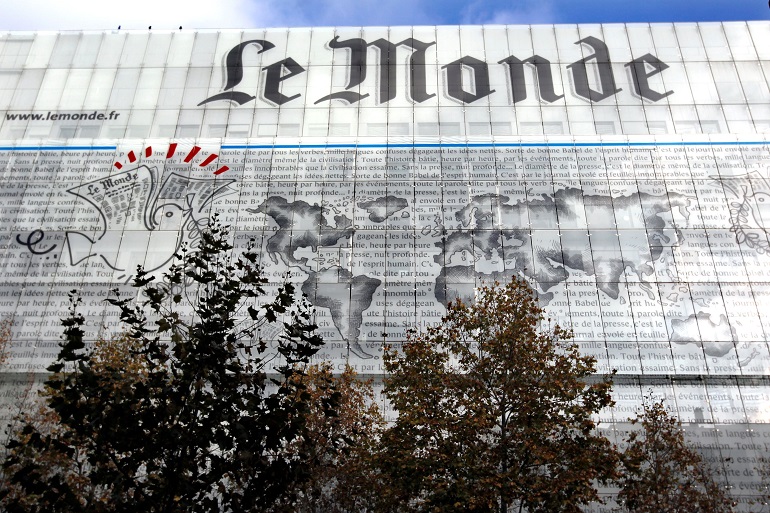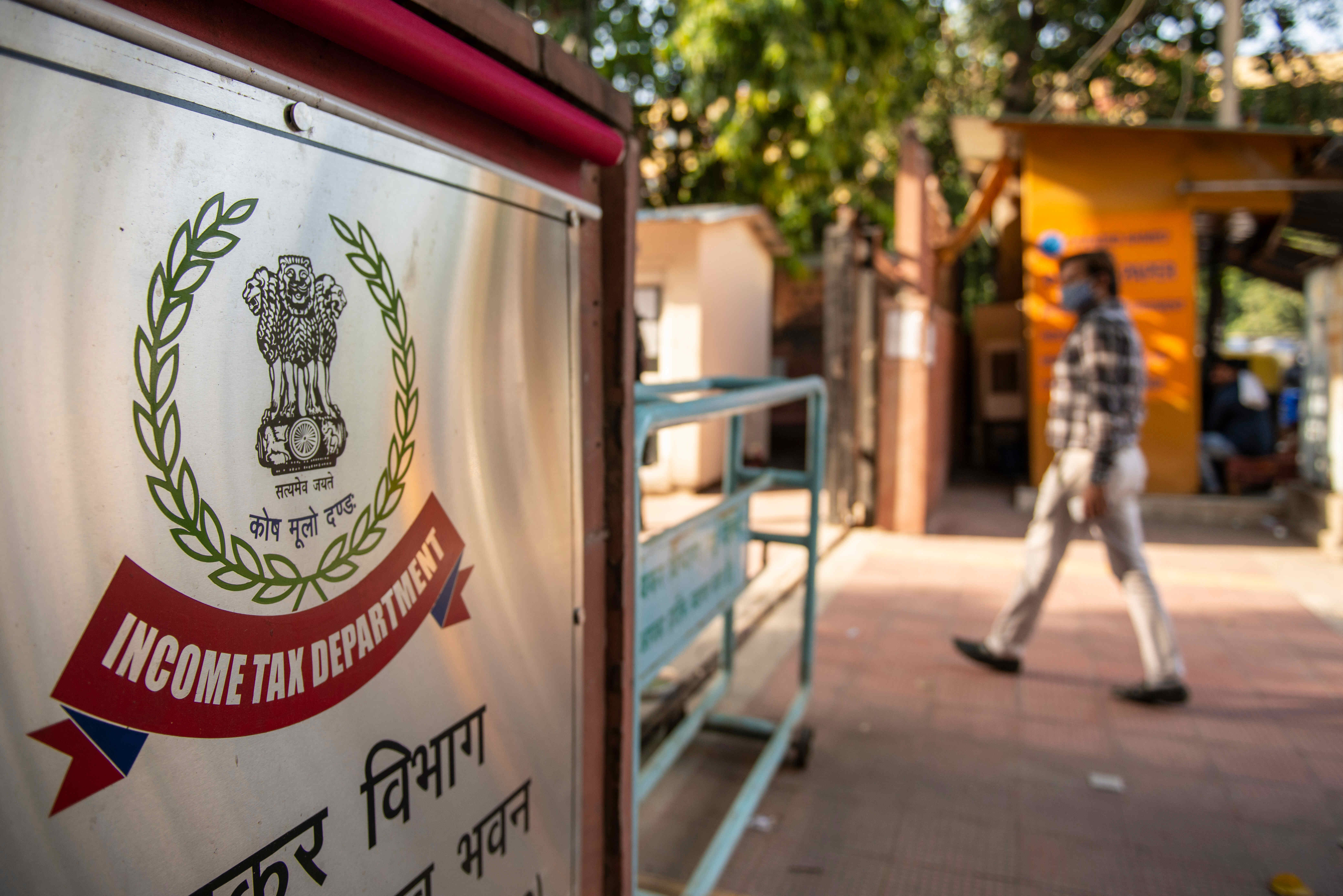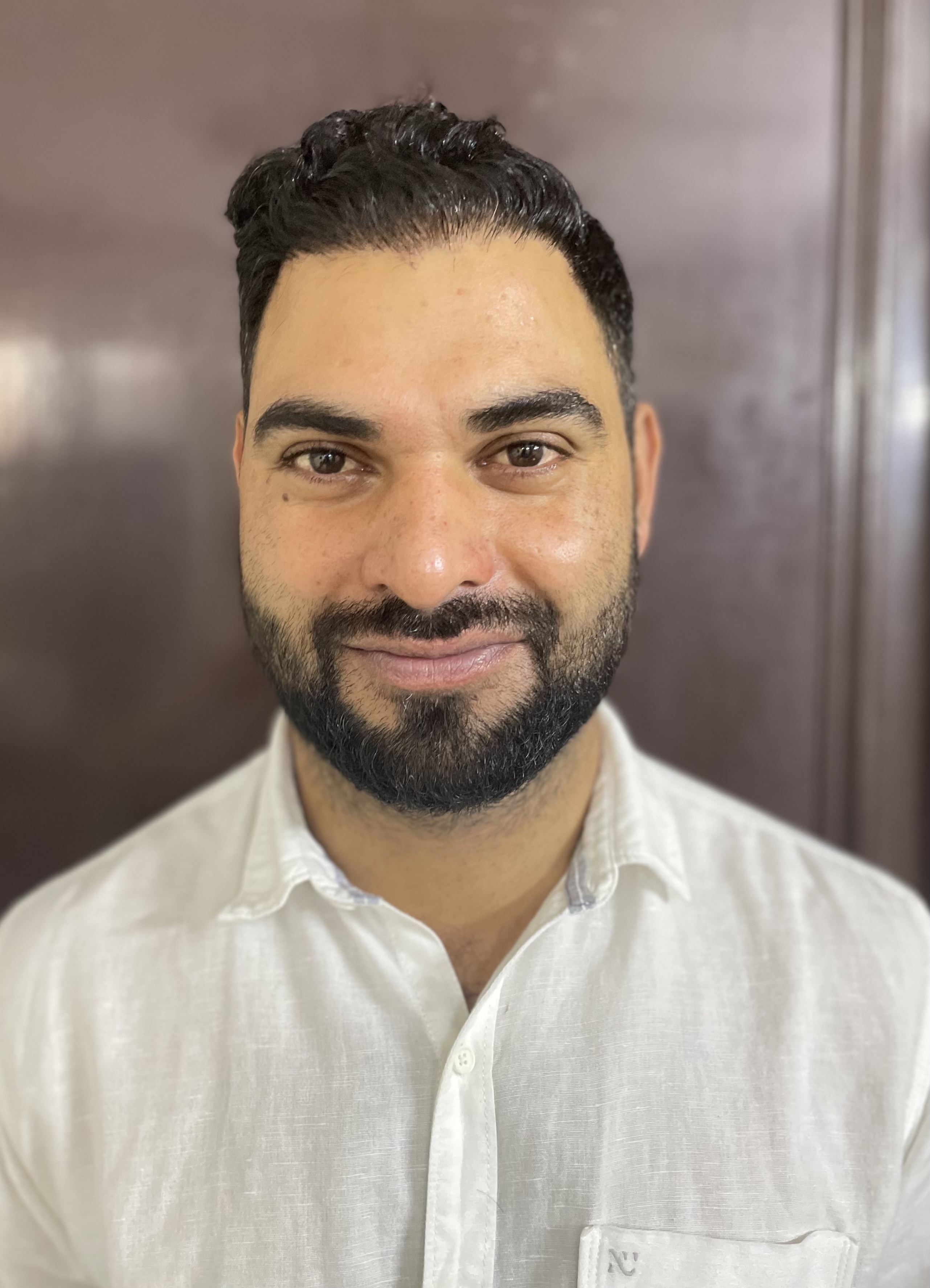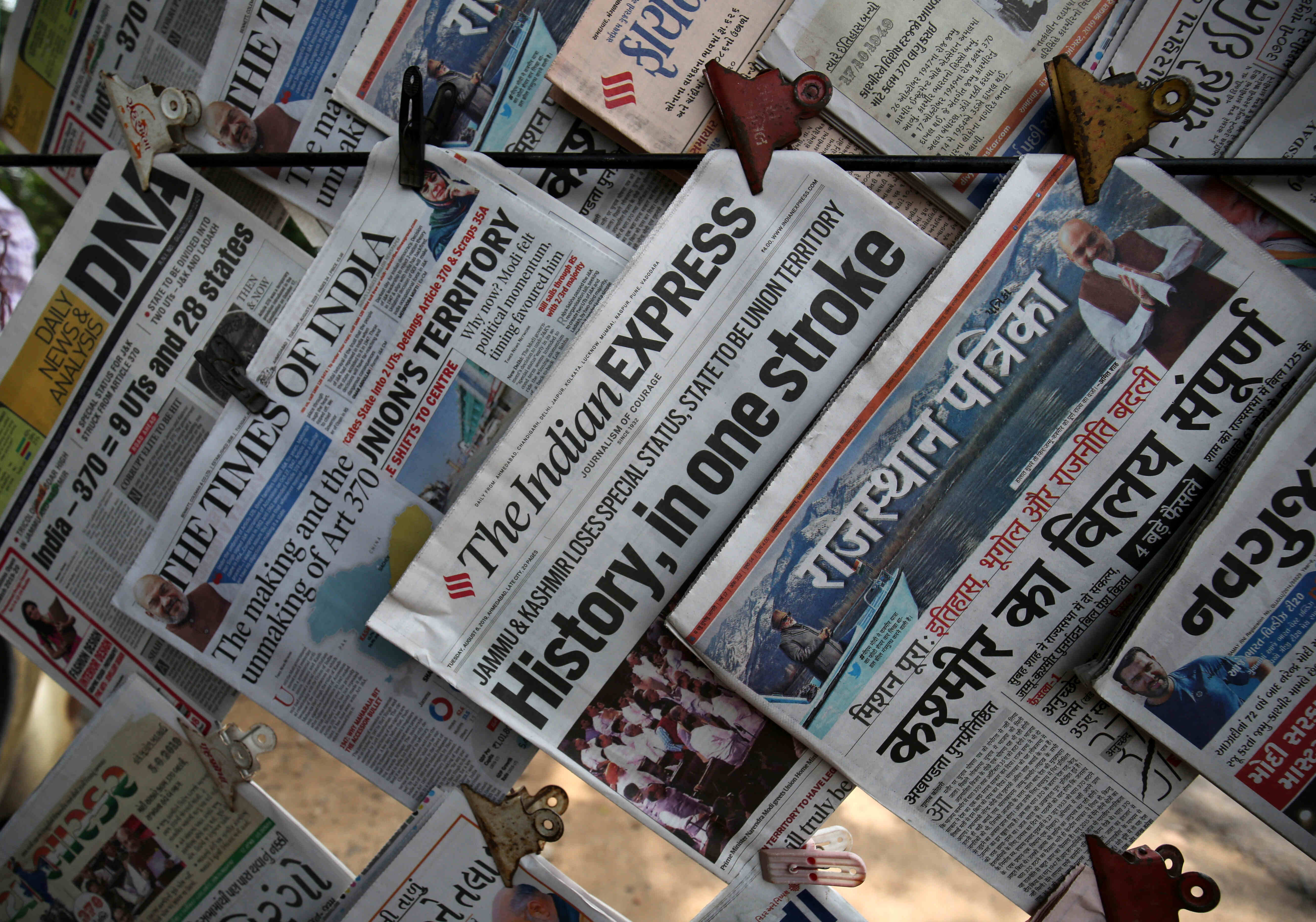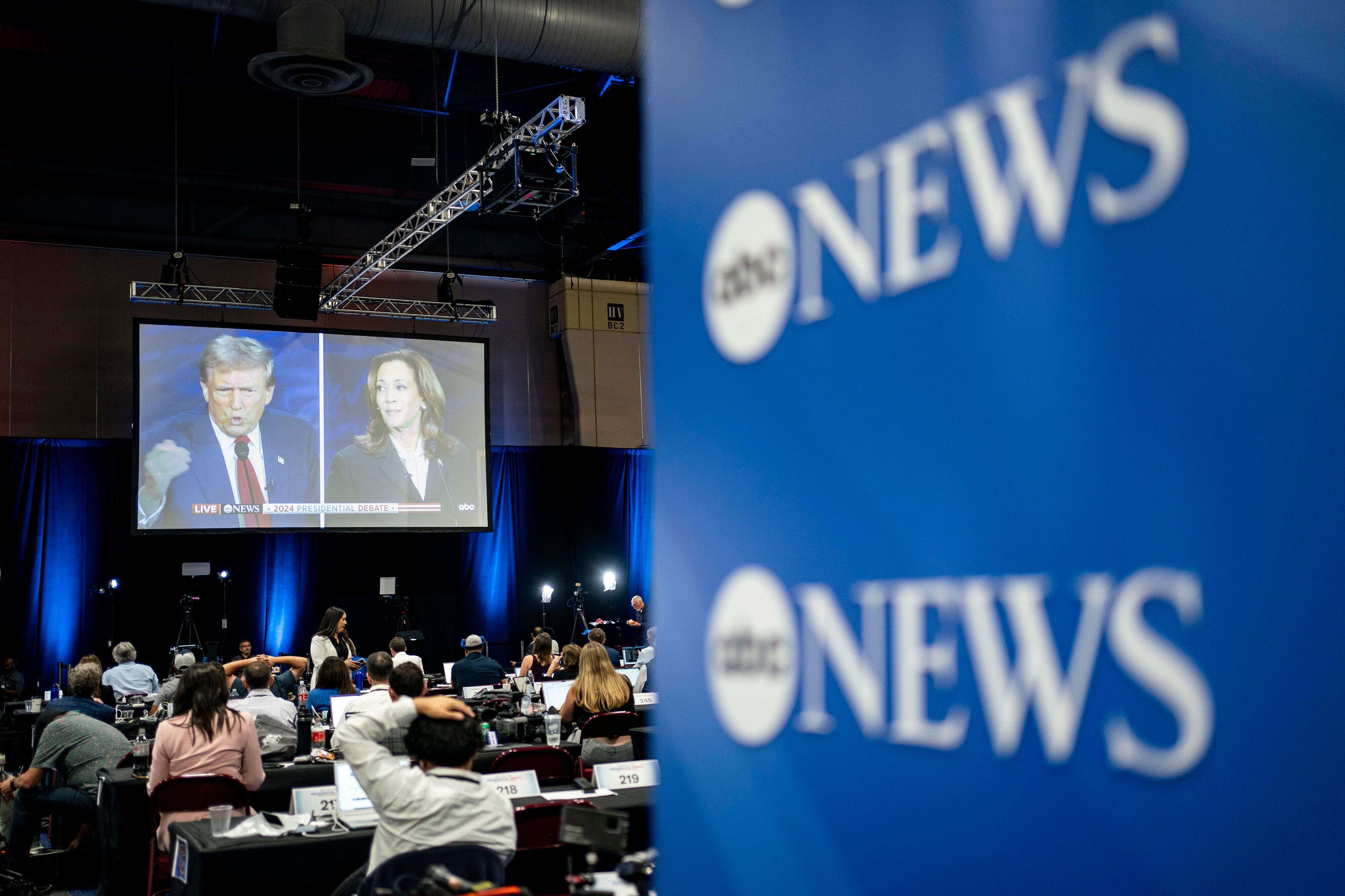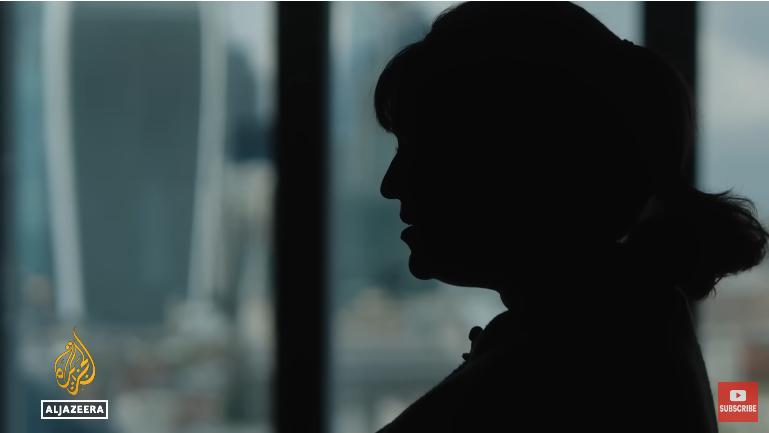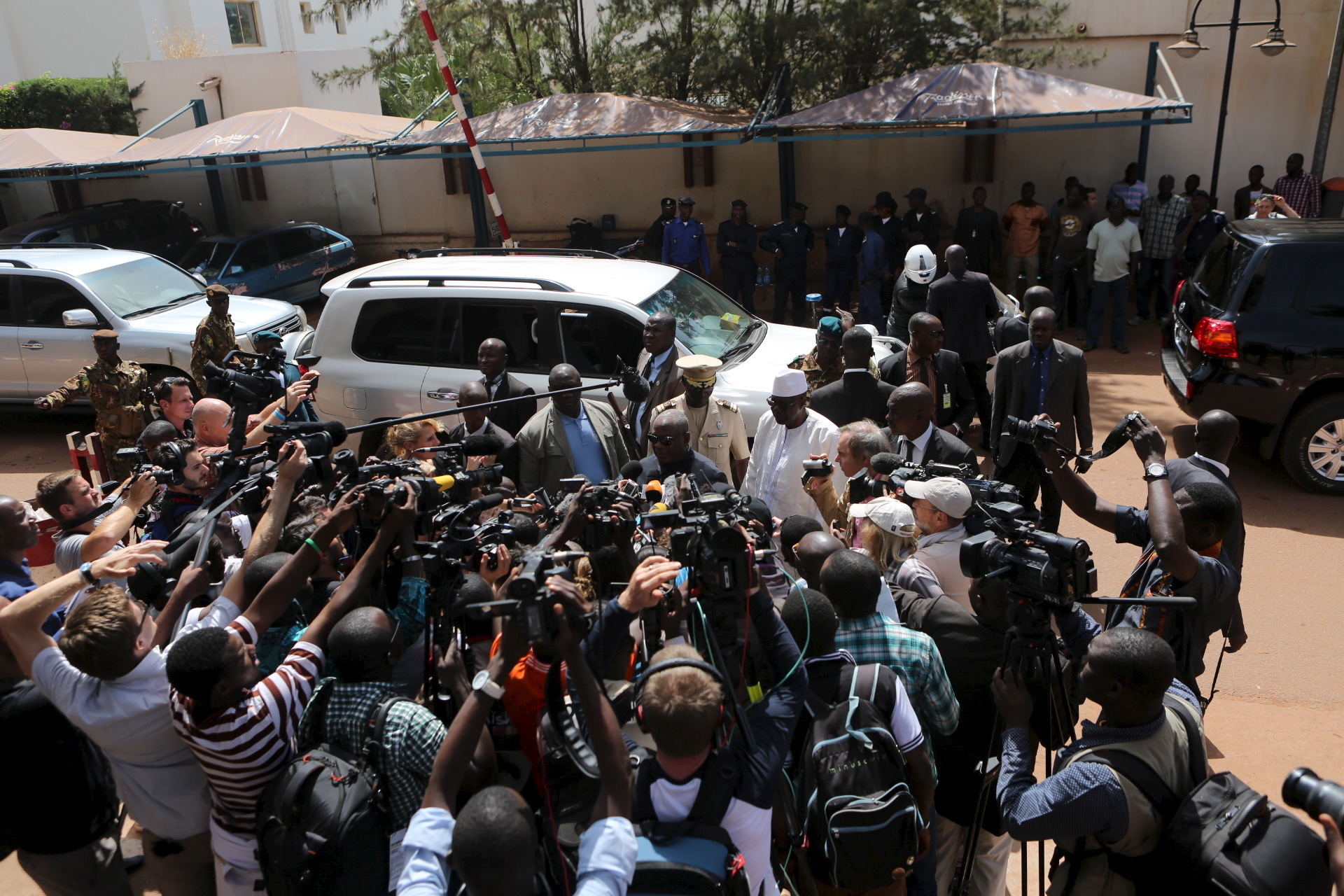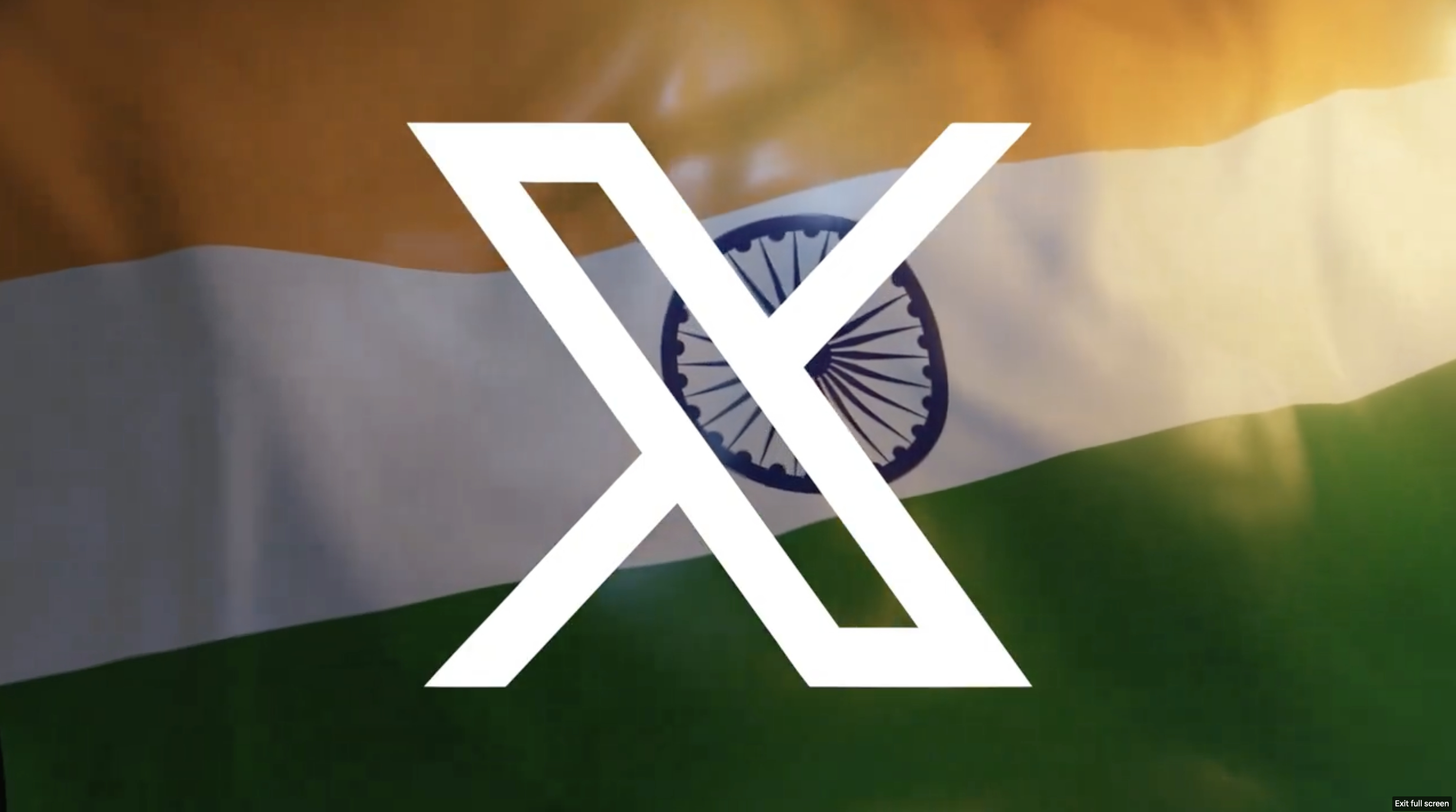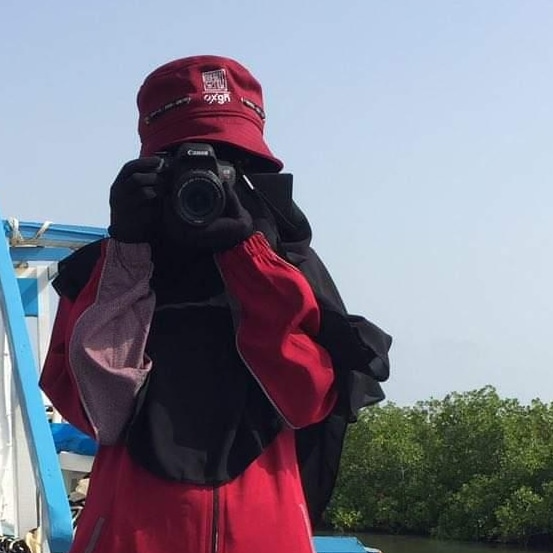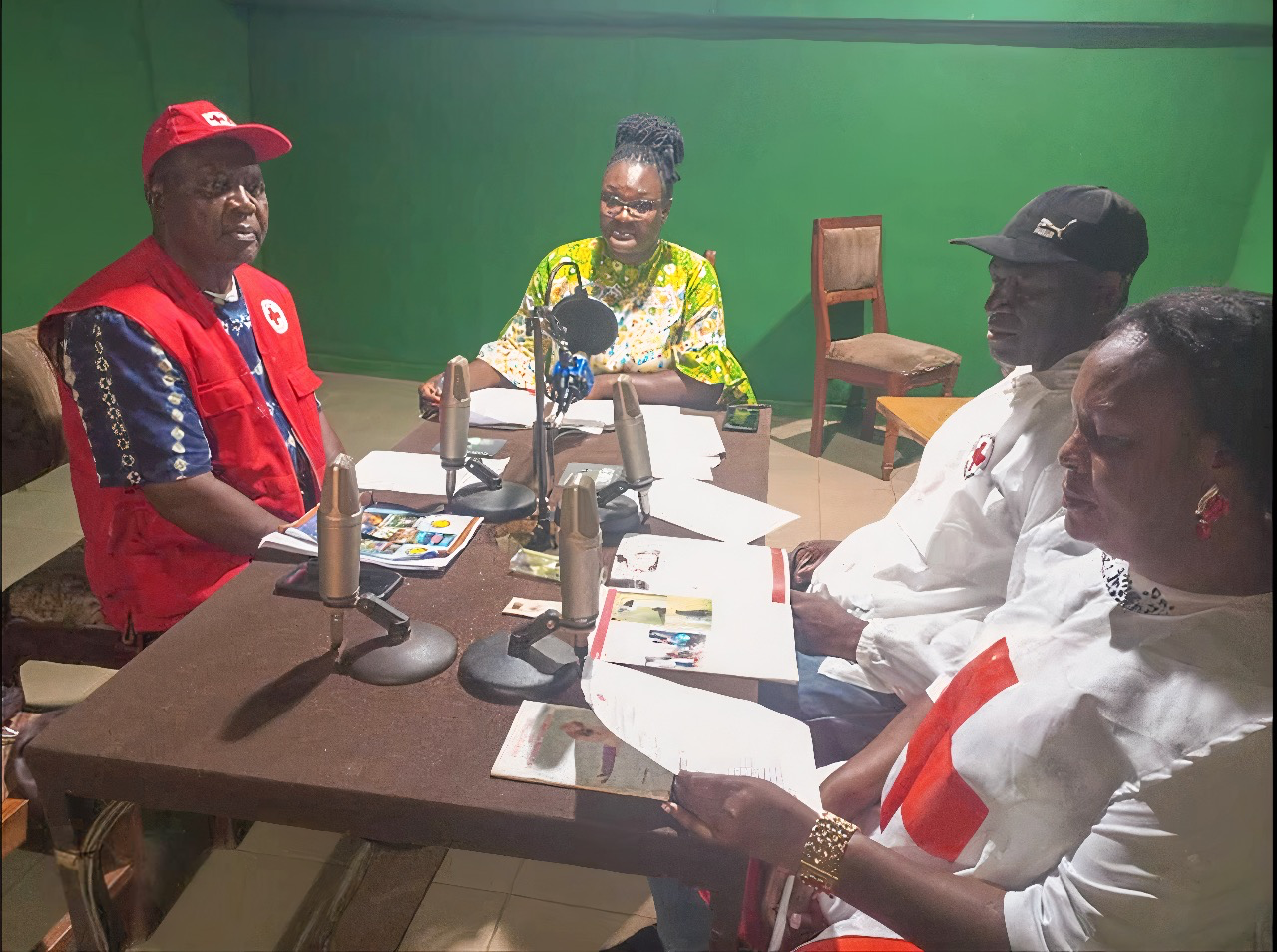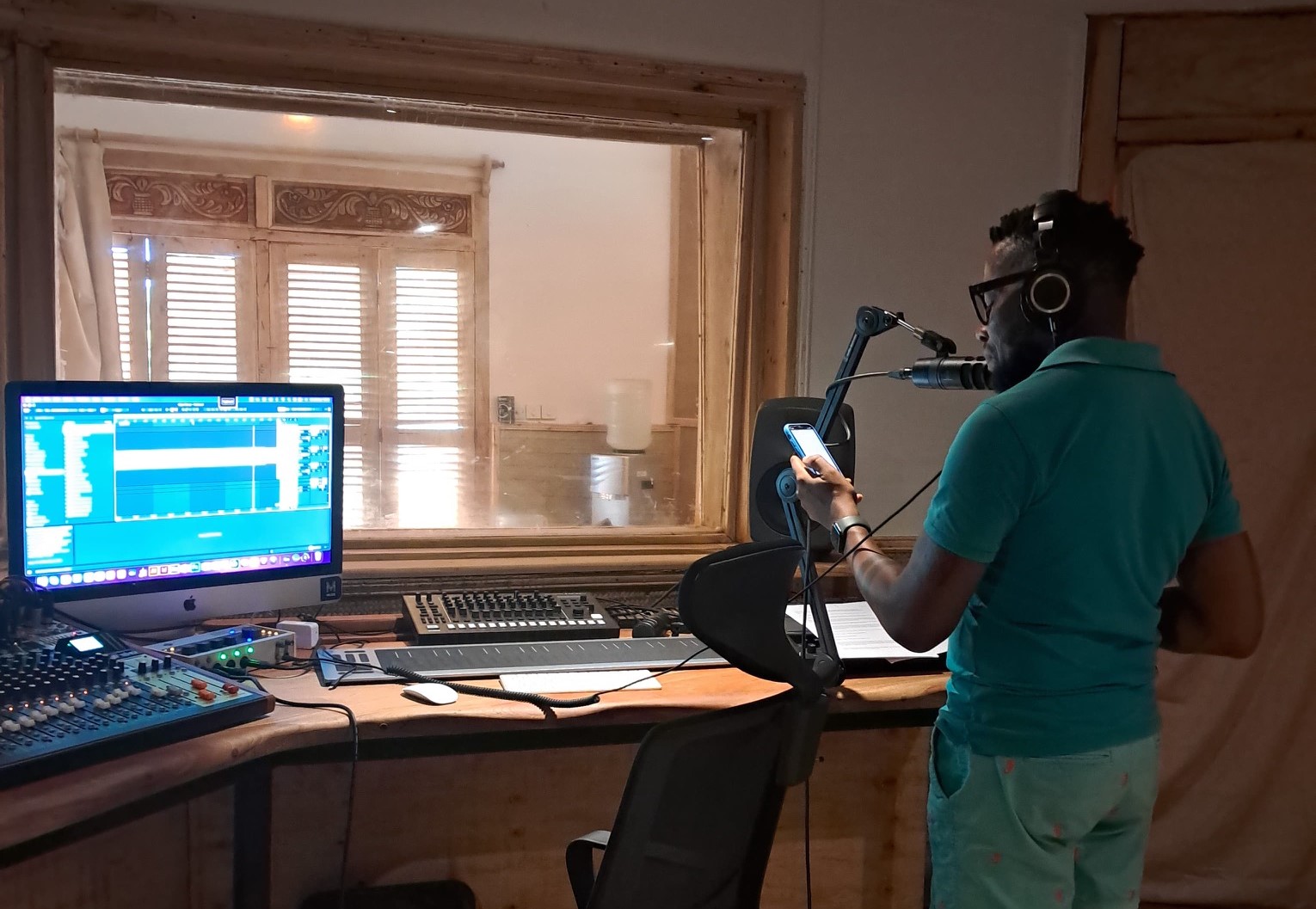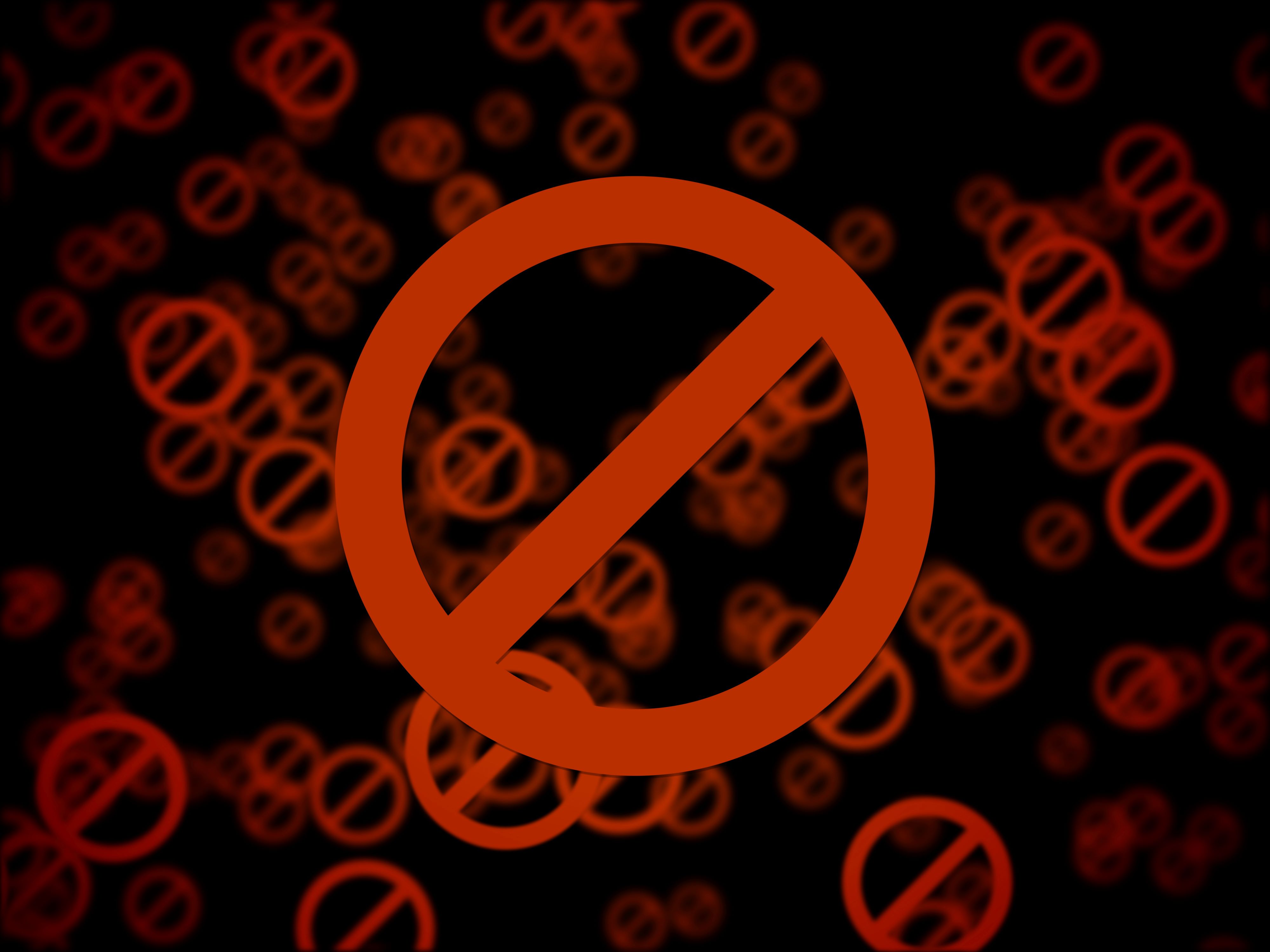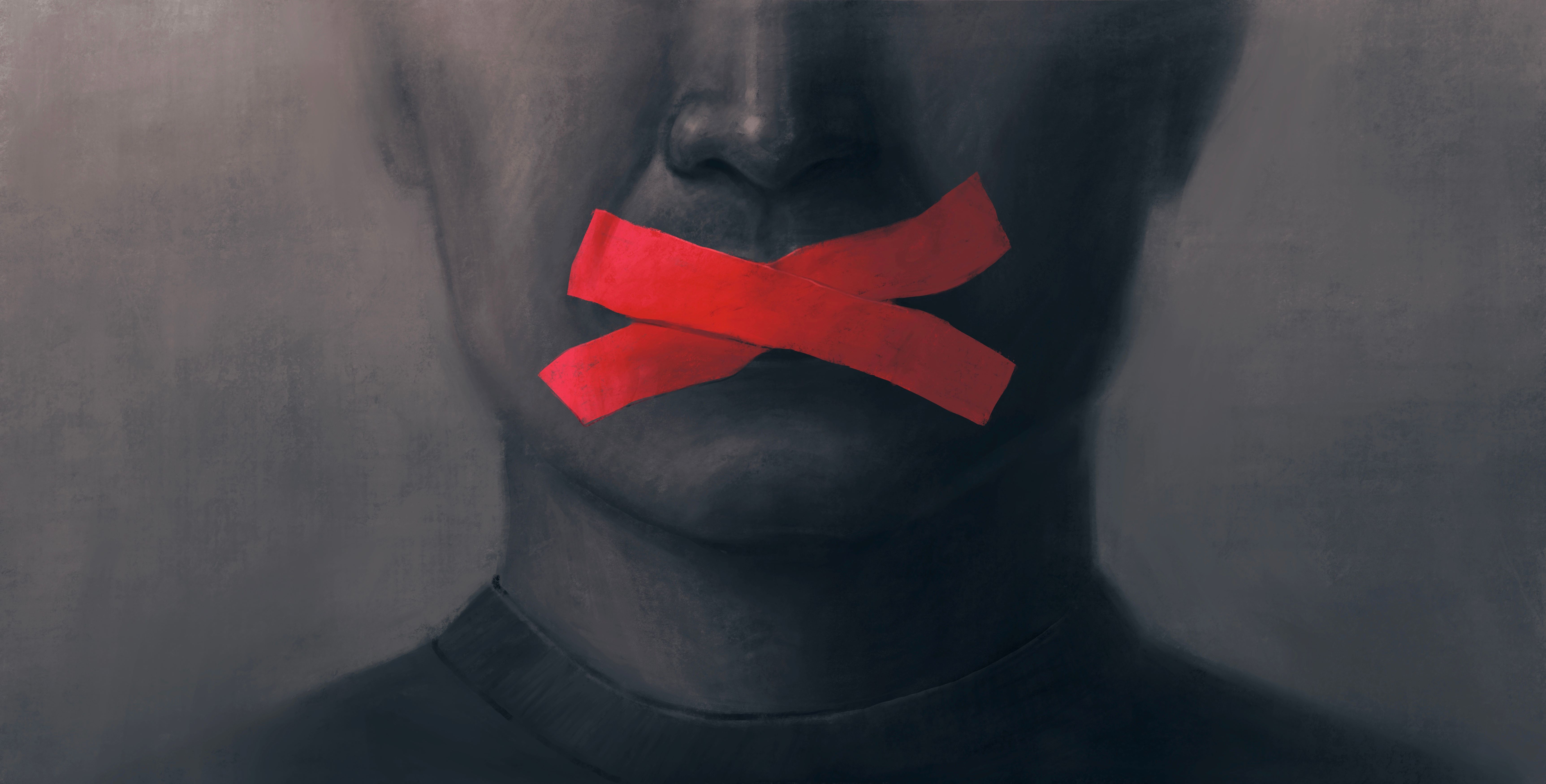نشرت لوموند الفرنسيّة تحقيقًا يفند إشاعة قطع رؤوس الأطفال في هجوم السابع من أكتوبر، والتي ما تزال مادّة للتداول المضلّل عبر منصات التواصل الاجتماعي وعلى حساباتٍ تروّج للدعاية الإسرائيلية. ورغم تحقيقات صحفية سابقة شكّكت بتلك الادعاءات ودحضتها، إلا أن التحقيق المطوّل الذي أعدته لوموند يسلّط الضوء من جديد على مستويات التضليل والفبركات الإعلامية التي رافقت هذه الحرب وتبنتها وسائل إعلام وساعد على ترويجها سياسيون وصنّاع قرار لتوفير غطاء للدعم المادي والدبلوماسي المتواصل للاحتلال الإسرائيلي.
يكشف التحقيق آلية نشوء إشاعة تحولت إلى "لازمة" لدى جيش الاحتلال والساسة الغربيين، ومنهم الرئيس الأمريكي جو بايدن ووزير الخارجية الفرنسي الأسبق. وقد وصلت ذروة الاستناد إلى ما نشرته وسائل الإعلام الأمريكية على وجه التحديد، حين ادعى جون بولتون، مستشار الأمن القومي السابق، في لقاء مع الجزيرة أن حماس قطعت رؤوس الأطفال بحجة أنه "قرأ ذلك في الصحافة".
ورغم نفي حماس للإشاعة، وعدم قدرة أي جهة رسمية على تقديم دليل قاطع لإسناد هذه المزاعم، فإن جملة واحدة تلفظت بها صحفية إسرائيلية، أصبحت حقيقة لا تخضع للتحقق.
أهمية التحقق الميداني
يبرز التحقيق أهمية التوثيق الميداني الذي يختبر الحقائق ويحاصر التحيزات المسبقة؛ إذ يقارن بين مجموعة من المصادر الميدانية، ومنها منظمة زاكا، وهي "منظمة غير حكومية يهودية متطرفة مسؤولة عن انتشال الجثث وفقا للتعاليم اليهودية"، سبق لها أن ادعت أنها رأت أطفالا مقطوعي الرأس، وأن نساء حوامل تعرضن للاغتصاب قبل أن يكشف تحقيق بثته قناة الجزيرة الإنجليزية تهافت هذه الرواية.
يجمع التحقيق الشهادات من مصادر مختلفة ثم يقارنها مع ما رآه في الميدان ليخلص إلى الحقيقة الناجزة: إنها كذبة أسهمت الصحافة الغربية السائدة في توفير حاضنة لها.
قد يُفسِّر تقفي شائعة قطع رؤوس الرضع في الميدان وكشف زيفها، منع إسرائيل للصحفيين من دخول غزة للتحقق من رواية جيشها عن عدم استهداف المدنيين واستخدام المستشفيات ودور العبادة والمقرات الأممية مقراتٍ لحماس.
صحافة في خدمة رواية الجيش
من خلال تتبع التسلسل الزمني الدقيق لنشر الشائعات من قبل وسائل الإعلام الغربية، يسلط التحقيق الضوء على الطريقة التي بنت بها إسرائيل ومؤيدوها أخبارًا مزيفة من اللحظة الأولى. تبدأ الإشاعة من الصحفية في i24 News المقربة من اليمين المتطرف، نيكول زيديك، ثم ستتلقفها وسائل إعلام غربية مثل سي أن أن وبي إف إم، ولكن أيضًا من قبل ضباط جيش الاحتلال والحسابات الرسمية التابعة له لتبرير حرب الإبادة الجماعية كما وصفتها محكمة العدل الدولية. ولئن انحسرت هذه الشائعة تدريجيًّا، يؤكد المكتب الصحفي لحكومة الاحتلال لصحيفة لوموند أنه "لم يتم قطع رؤوس 40 طفلا على الإطلاق"، لا في كفار عزة ولا في أي كيبوتس آخر.
طيلة حرب الإبادة لم ينف جيش الاحتلال "الخبر"؛ إذ صرح مسؤولون عسكريون تصريحات من قبيل "سنقضي على حماس بعد قطع الرؤوس"، ووجدت هذه التصريحات صدى في الإعلام الغربي، الذي لم يكتف فقط بتبنيها كاملة، بل حاول في كل مرة إحياءها كما فعل مع مزاعم الاعتداء الجنسي.
خلال أسابيع قليلة تكشفت حقيقة المزاعم التي استند إليها الاحتلال لتبرير حرب الإبادة الجماعية، ودحضت تحقيقاتٌ استقصائية ادعاءات الذبح واستهداف الحفل الموسيقي بشكل متعمد، والآن انهارت إشاعة قطع رؤوس الرضع، بينما ما تزال الحرب مستمرة في غزة.
